Talk Overview
Transitioning from your PhD into a postdoc position can be a challenging and overwhelming experience. How do you make the process less stressful and more strategic? What factors should you take into consideration? In this session, you will learn how to identify and leverage your needs, preferences, and values (NPVs) to find a lab and research mentor that align with your NPVs and your career goals. You will also learn about the different roles that a principal investigator juggles, how these may affect your PhD to postdoc transition, and how to navigate potential role conflicts that may arise.
This session is part of the ‘The Strategic Postdoc’ course, created by the NIH-funded Yale Ciencia Academy in collaboration with iBiology.
Session Narrative
To choose a postdoc strategically, beyond research, you need to think about the entire postdoc experience and whether or not it will be a good fit for you. The first step to evaluate if a postdoc is a good fit is to determine what is important to YOU. What factors are essential for your well-being? Which ones are beneficial or nice to have? What values do you treasure? In other words, you must think about your needs, preferences, and values (NPVs). In combination with your interests (e.g., the research problems you would like to solve) and skills (e.g., your expertise and talent), your NPVs will serve as a compass that will help you find your true north and make sure that your career goals (and decisions) are aligned with them. This compass (see Table 1), will help you determine what type of training environment and postdoc research mentor you need to find to do your best work.
Table 1: Building your Compass: Needs, Preferences, Values, Skills, and Interests.
| Compass Elements | Definition | Examples |
|---|---|---|
| Needs | These are factors that are essential to your well-being; things that you need to have. Not having them will strongly affect your personal and professional well-being. | Accessible daycare and reasonable maternal/paternal leave. Access to a cultural community you identify with or proximity to family. Health insurance. Inclusive training environment. A living wage. |
| Preferences | These are factors that would be nice to have; things that are beneficial, familiar to you, and contribute to your success. | Working style of the research advisor. Lab size and layout. Flexibility with vacation days and holidays. |
| Values | These are the principles and standards you adhere to and that comprise your personal belief system. | Transparency and collegiality. Active plan and standard principles to resolve conflicts. Good research integrity. |
| Skills | These are the expertise, knowledge and talents you have or would like to have to do particular things well. It is useful to consider the skills you’d like to develop during your postdoc in addition to the skills you already have. | Technical skills. Strong grant-writing abilities. Adept at mentoring other students. |
| Interests | These are topics or concepts you want to learn, things that excite you or the people you would like to interact with. In your perfect world, what topics would you like to think about all day? What research problems would you like to solve? | Opportunities to collaborate with external experts. Flexibility to explore ideas and perform novel research. Opportunity to attend local or international conferences. |
The Principal Investigator’s ‘Compass’:
Just like you have a ‘compass’, don’t forget that research mentors or principal investigators (PIs) do, too. Yes, PIs also have needs, preferences, values. You must take this into account when searching for a postdoc lab and PI. Why? Because the NPVs of your PI impact their roles, how they lead their lab and how they interact with you and other lab members. PIs have three major roles (Clement, et al., 2020):
- Supervisor – Manages your productivity, tracks progress, and most conversations are usually negotiations.
- Mentor – Supports your holistic development, aids your career development, and is interested in making sure you achieve your career goals.
- Trainer (or Educator) – Trains you directly. Training can consist of technical training or leadership skills.
PIs need to shift between these roles and balance the responsibilities associated with them. But the needs, preferences, and values associated with these roles may not always align with your own needs, preferences, and values. This can create role conflicts and complicate the relationship and communication between you and your research mentor. Understanding how these role conflicts can create tension will help you avoid or navigate challenges with your PI.
Using Your Compass to Develop a Plan:
After understanding your NPVs and evaluating possible role conflicts with your PI, you need to use this information to develop a strategy to achieve your goals. One resource to help you do this and that is mentioned in the video is the Individual Development Plan (IDP). The IDP is a tool that helps you create a framework to break down your career goals into clear and realistic action items. The IDP will also help you identify your skills and interests.
Another great resource is the Academic Career Readiness Assessment (ACRA). ACRA is specifically designed for trainees or postdocs interested in pursuing a faculty career. ACRA helps you:
- Explore different faculty careers through informational interviews;
- Prepare for a faculty career by reflecting on and identifying your professional development goals;
- Apply to faculty positions by helping you develop your application materials and teaching you how to customize your application package for different institutions and faculty career paths.
For more information about how to use ACRA, visit the UCSF Office of Career and Professional Development website. Later in this module, we’ll discuss more ways you can leverage your IDP and ACRA to guide your decision-making process as you search for a well-matched postdoc.
Activities (Exercises and Self-Reflection):
- Questions:
- Activity 1.1: Building Your Compass: Evaluating Your Needs, Preferences, and Values
- Activity 1.2: Resolving Role Conflicts
- Activity 1.3: Your Research Mentor and You
- Answers:
- Activity 1.2 (Answers): Resolving Role Conflicts
Speaker Bio
Naledi Saul
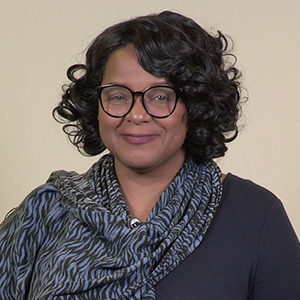
Naledi Saul is the Director of Career and Professional Development at the University of California, San Francisco (UCSF). She holds a Master’s of Public Management degree from the University of Maryland, College Park, and a Bachelor of Arts in History from Spelman College. Prior to UCSF, Naledi was an Assistant Dean of Students and Assistant… Continue Reading
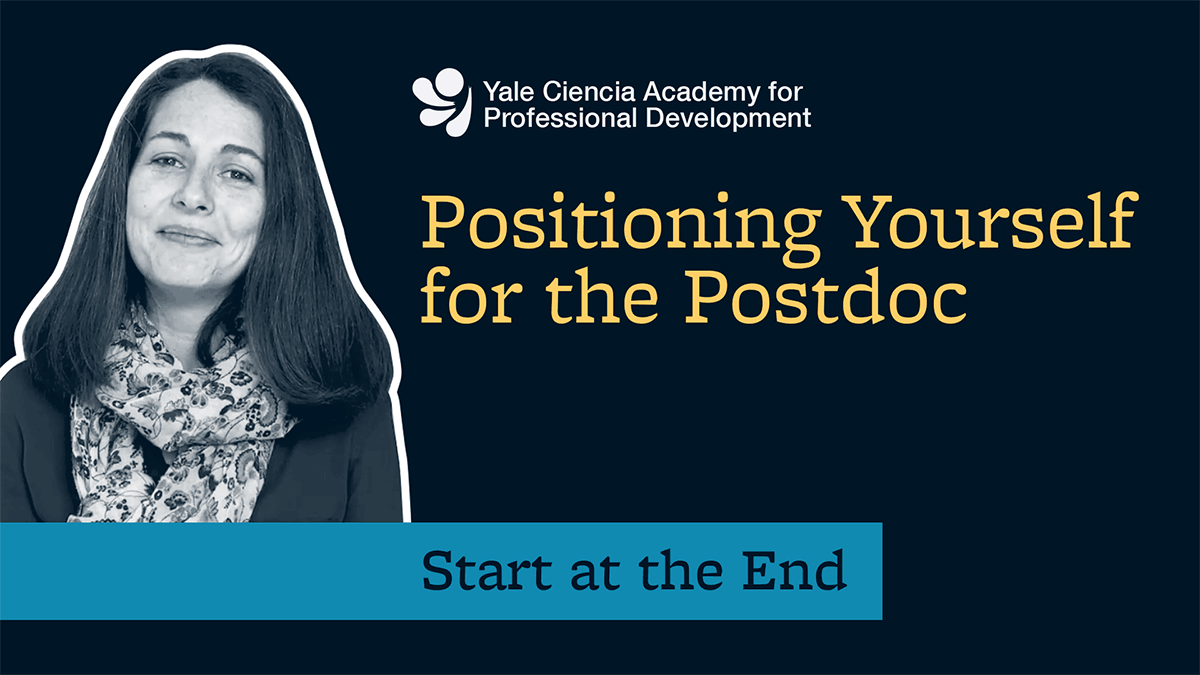
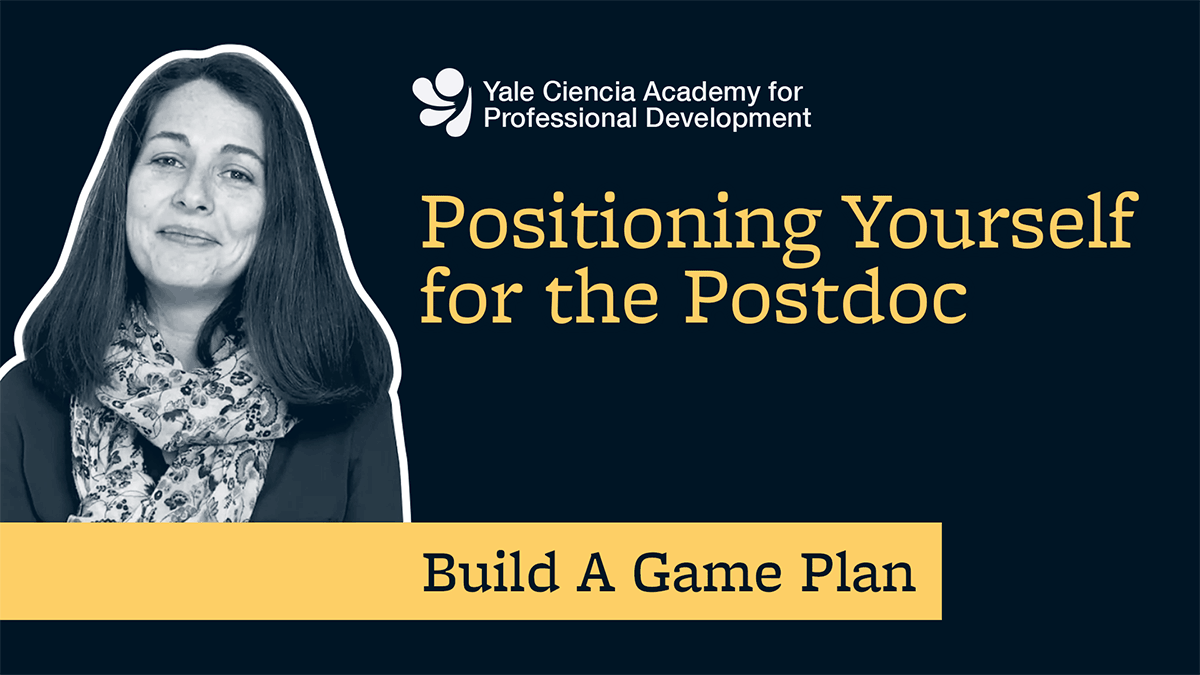
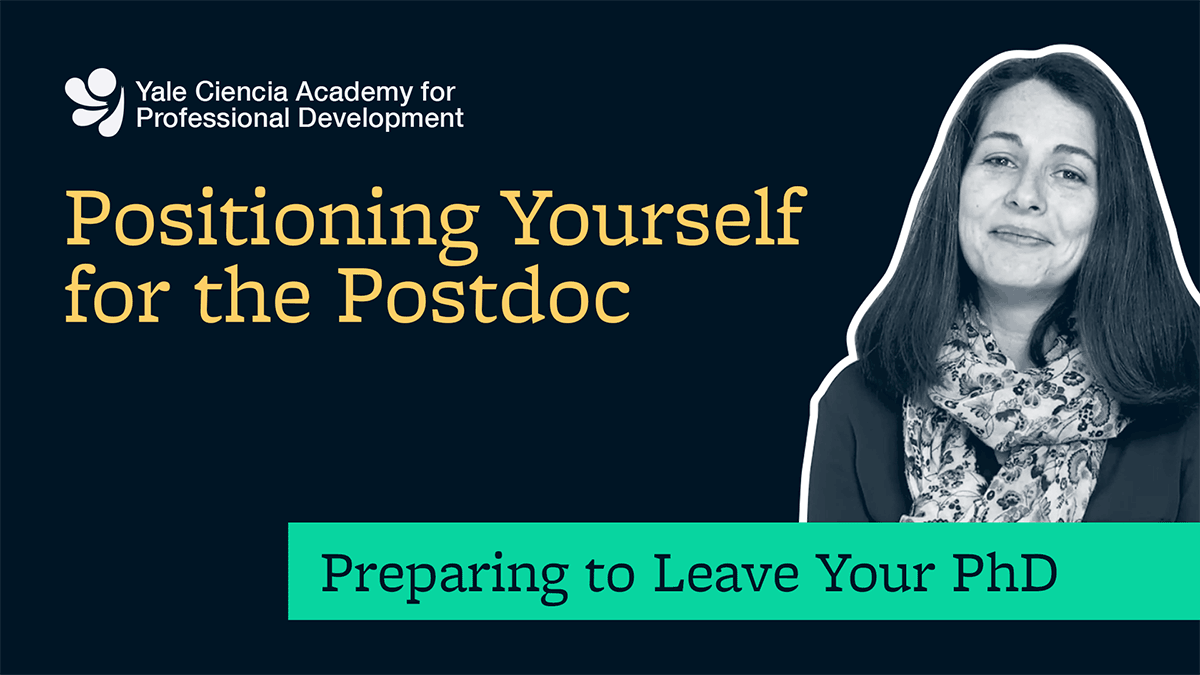
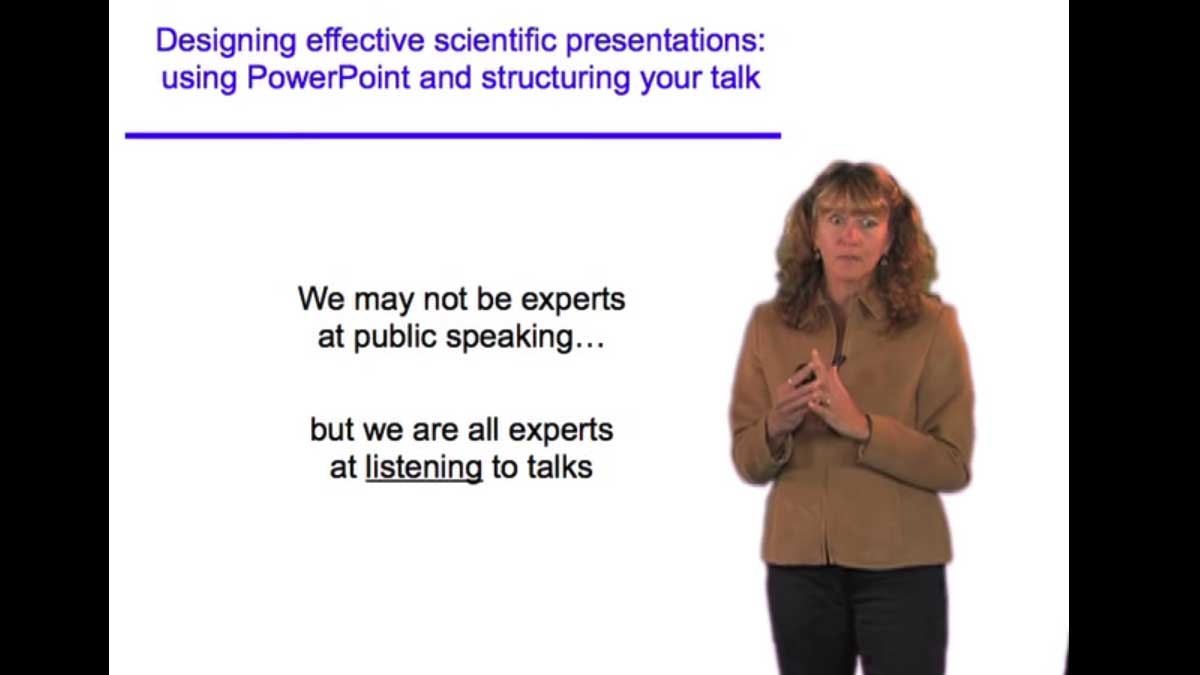
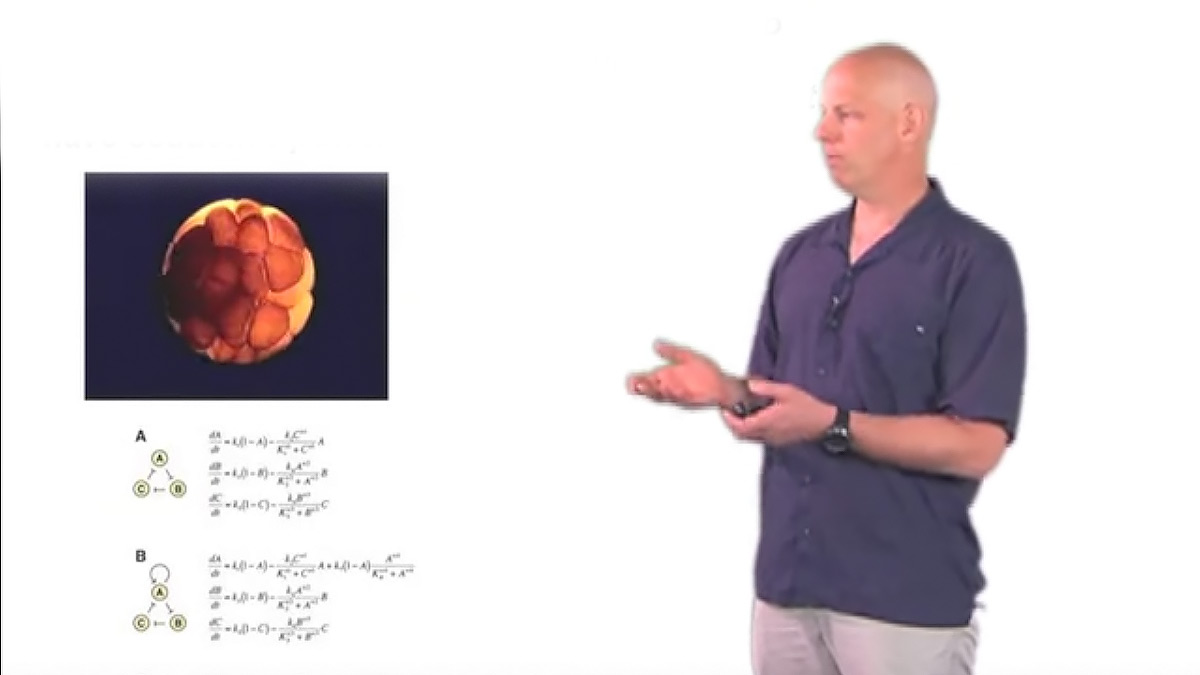

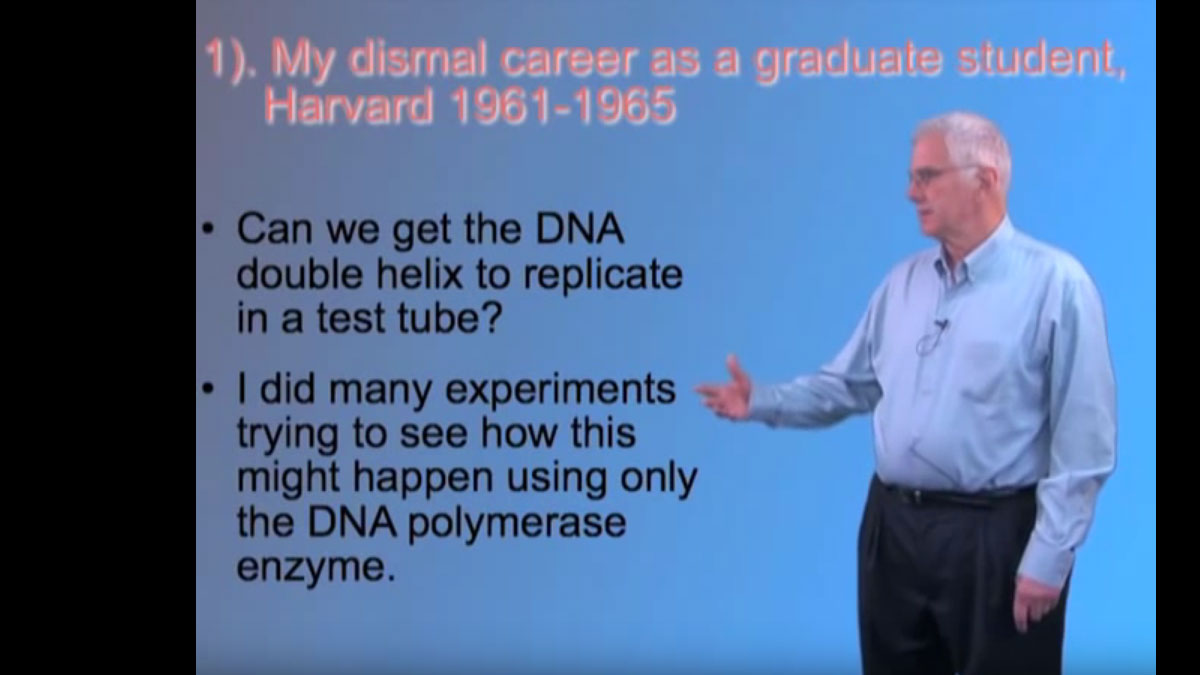





Leave a Reply